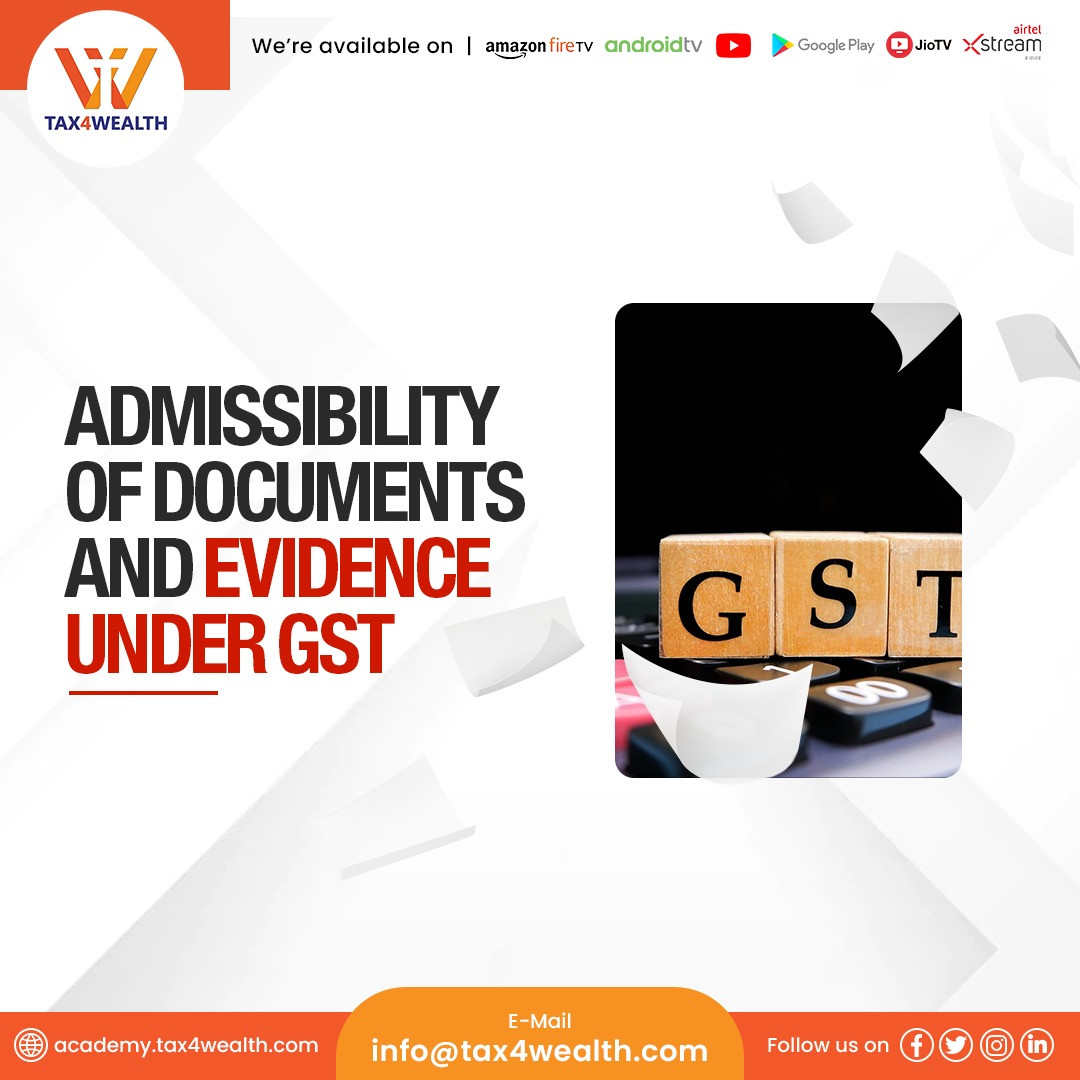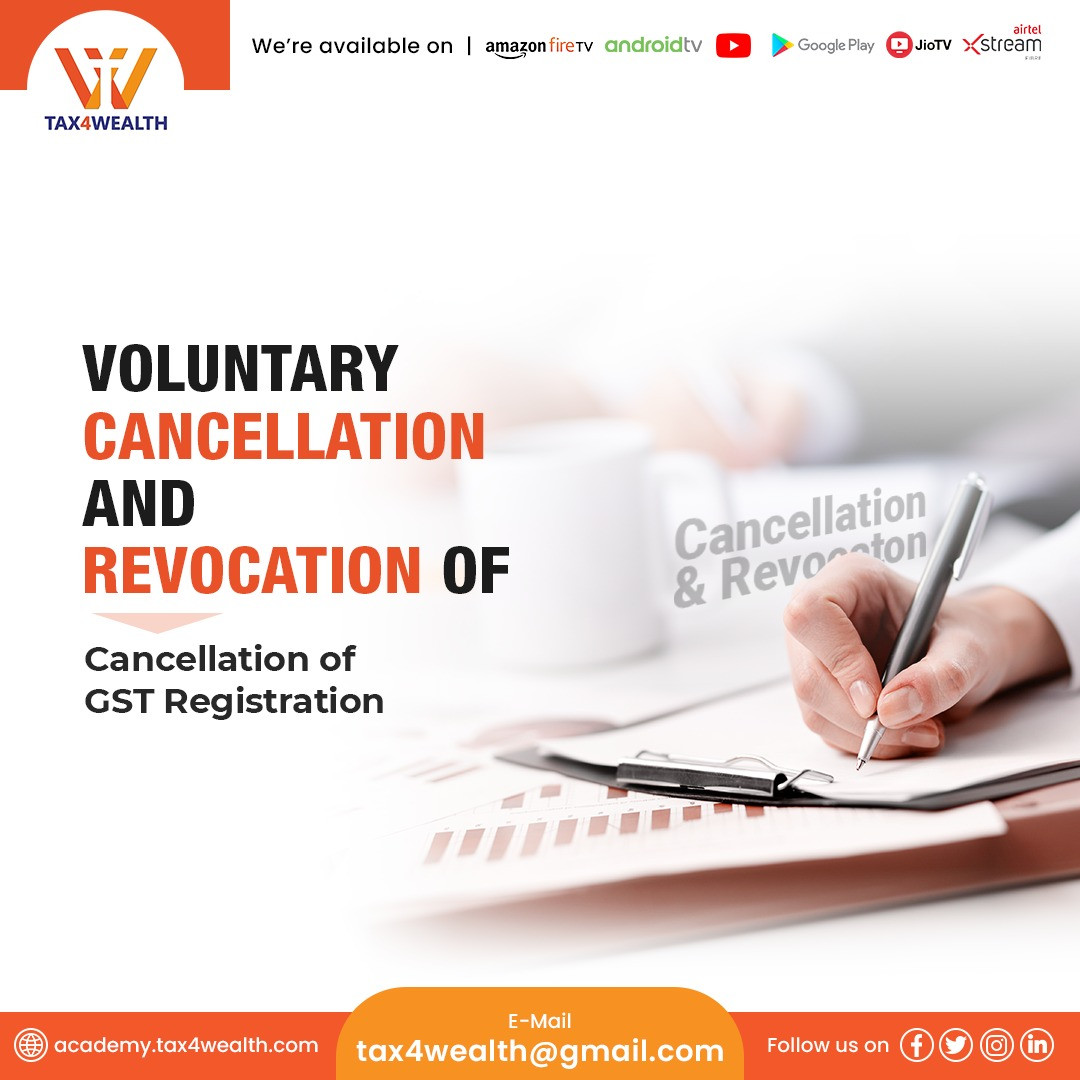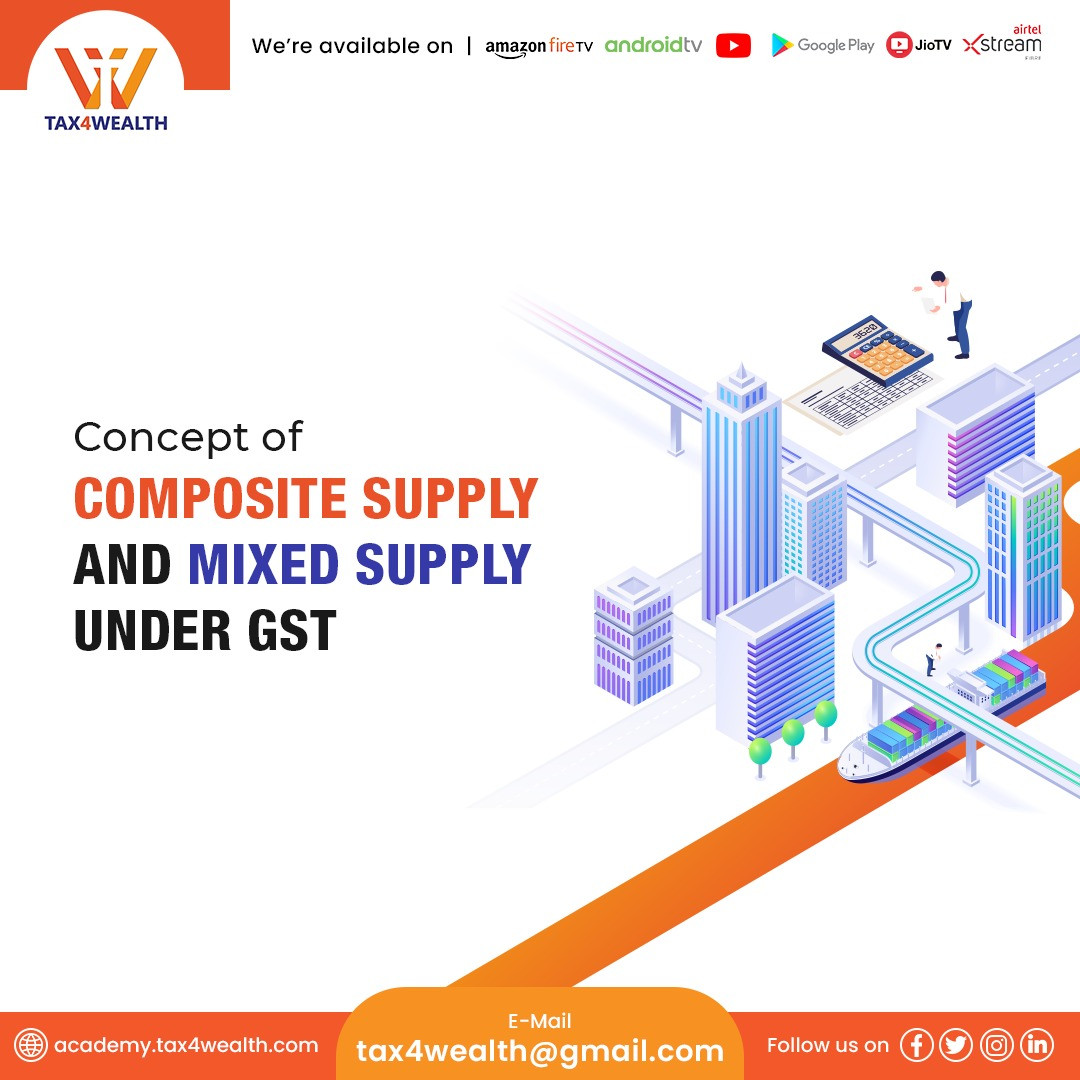
Admissibility of documents and evidence under GST
What is the Admissibility of documents and evidence?
Admissibility of documents and evidence refers to whether or not a particular piece of evidence or document can be considered by a court or tribunal in making a decision.
In general, evidence is admissible if it is relevant to the case, reliable, and not subject to any legal privilege or exclusionary rule. The admissibility of evidence is determined by the judge or tribunal overseeing the case.
What are the provisions under the GST law related to the admissibility of documents and evidence?
Under the Goods and Services Tax (GST), the admissibility of documents and evidence is governed by the GST Act and the GST Rules. The following are some of the key provisions related to the admissibility of documents and evidence under GST:
a) Maintenance of Records
Every registered person is required to maintain records and accounts of all transactions under GST. These records should be maintained for at least 6 years and should be produced before the GST authorities as and when required.
b) Issuance of Tax Invoices
Every registered person is required to issue a tax invoice for the supply of goods or services. A tax invoice is a document that contains details such as the name, address, and GSTIN of the supplier and recipient, a description of the goods or services, the value of the supply, and the amount of tax charged.
c) E-Way Bill generation
E-way bill is a document that is required for the movement of goods worth more than Rs. 50,000. It contains details such as the name of the supplier and recipient, the GSTIN of the supplier and recipient, the invoice number, and the value of the goods.
d) Input Tax Credit
The input tax credit is a mechanism under GST that allows a registered person to claim credit for the tax paid on the inputs used in the business. In order to claim the input tax credit, the registered person should have a tax invoice or any other prescribed document.
However, these documents and records can be produced as evidence before the court of law or the GST authorities, in the case of a dispute. The rules of evidence applicable in the relevant jurisdiction will determine the admissibility of such documents and pieces of evidence.
For more information, Visit us at: https://academy.tax4wealth.com/
Related News
No comments yet, Be the first to comment.













